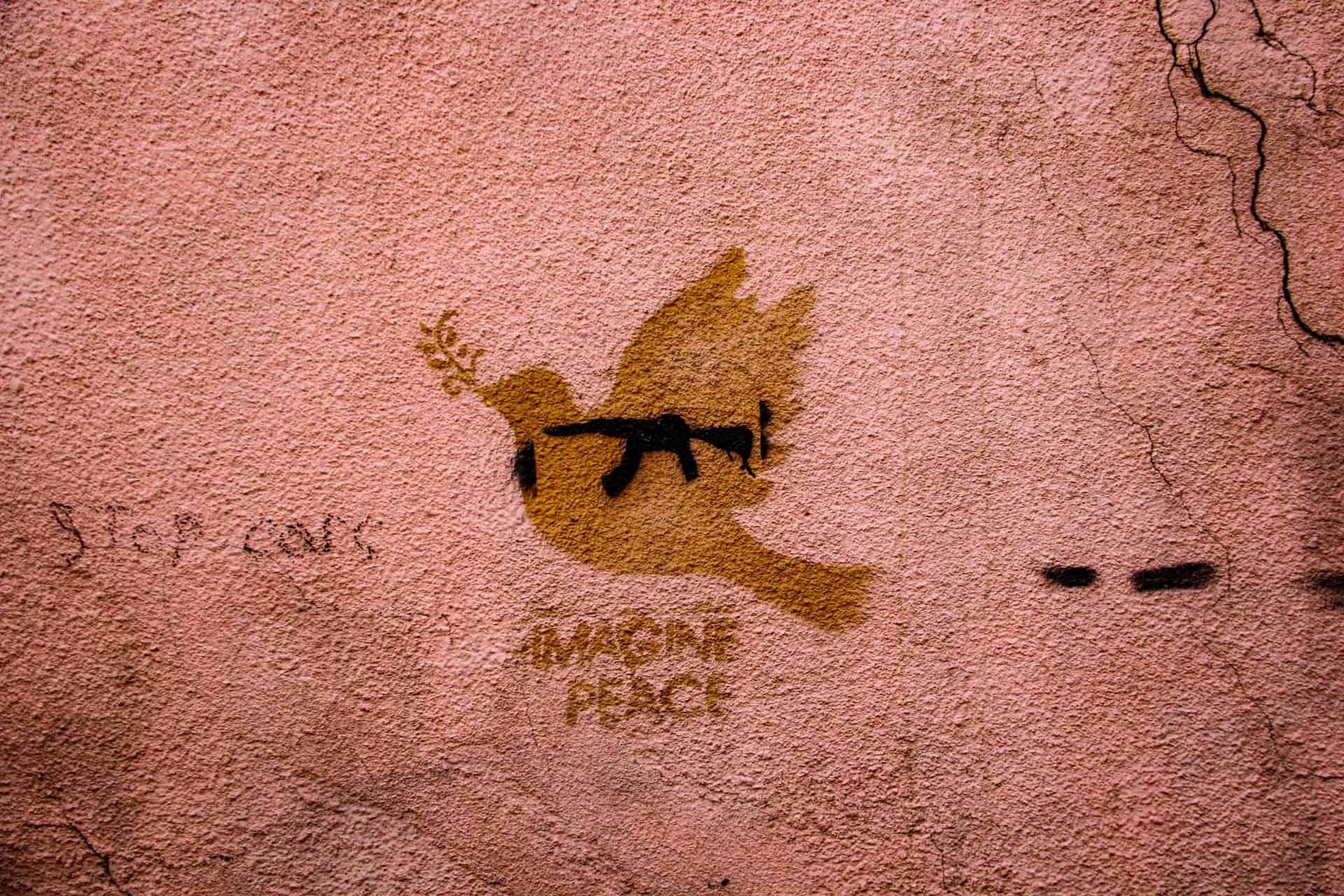One year after violence in Khartoum erupted between the Sudanese Armed Forces (SAF) and the paramilitary Rapid Support Forces (RSF) on 15 April 2023, Sudan now reportedly has the largest number of displaced civilians in the world[i]. The conflict intensified numerous pre-existing challenges in the country, including persistent clashes, disease outbreaks, economic and political instability, and climate emergencies[ii]. As of February 2024, the conflict has reportedly caused around 13,900 fatalities, displaced over 10 million civilians[iii], and has placed 24.8 million people in need of assistance[iv]. The United Nations High Commissioner for Refugees stated that it is unlikely that the situation in Sudan will see improvements in 2024 because of the ongoing conflict and further displacement expected[v]. The challenges faced by displaced individuals persist, and without additional funding, relief efforts may be limited to providing only essential life-saving services[vi].
The Global Conflict Tracker considers the conflict in Sudan as fundamentally a struggle for power between the SAF that are by General Abdel Fattah al-Burhan and the RSF that are led by Mohamed Hamdan “Hemedti” Dagal[vii].
Sudan’s history is marked by significant challenges. The civil wars, particularly the second Sudanese civil war and the genocide in Darfur, resulted in immense suffering and significant loss of life that is estimated to around 2 million deaths. This has contributed to Sudan’s complex political landscape by deepening the ethnic tensions and empowering paramilitary groups like the which subsequently played a key role in the coup that ousted Omar al-Bashir in 2019, leaving an absence of leadership and ongoing turmoil without civilian governance[viii].
Following the ousting of Bashir’s dictatorship, a transitional government was formed under the leadership of Burhan and Hemedti, aiming for a civilian-led government. However, with the RSF emerging from militias involved in Darfur and the SAF representing Sudan’s conventional military, tensions between the two sides emerged which led to a struggle for power and influence, thus hindering progress. Despite international efforts to broker peace, including negotiations led by the United States and Saudi Arabia, violence continues unabated, with a dire impact on civilians and the country’s already fragile infrastructure[ix].
While governments bear the main responsibility for peace, security, and development, the private sector plays a vital role in enhancing stability and security in conflict-affected regions through their economic impact[x]. Understanding and addressing the complex issues related to conflict can empower companies and investors to mitigate any human rights risks associated with corporate activities and promote better responsible business and investment practices[xi]. By encouraging this behavior in such vulnerable environments, investors can protect their investments, uphold their social commitments, and contribute to the development of long-term financial stability and peacebuilding[xii]. Investors should also recognize that government relations play a crucial role in shaping the operating environment for businesses, ultimately impacting their financial performance and sustainability[xiii]. Well-managed government relations efforts can support peace-building processes, encourage sustainable development, and promote transparent and accountable governance mechanisms[xiv].
The EIRIS Conflict Risk Network (CRN) prepares a quarterly Sudan Company Report which contains information on the business activities of a number of companies in the region, our engagement history with them, and their conflict or human rights related policies. If you would like to know more about our Sudan Company Report, please contact us at [email protected].
Following the outbreak of violence in Khartoum in April 2023, EIRIS CRN sent out a questionnaire to companies we have been monitoring in Sudan here.
In addition to carrying out this special engagement, on 5 May 2023, EIRIS CRN along with the Heartland Initiative and the Investor Alliance for Human Rights released a joint statement to add our voices to the condemnation of the violence in Sudan and the urgent calls for a permanent ceasefire and transition to a civilian government. You can access the joint statement here.
References
[i] Osman, M. (2024, January 31). Sudan conflict fuels world’s largest internal displacement. Human Rights Watch. https://www.hrw.org/news/2024/01/31/sudan-conflict-fuels-worlds-largest-internal-displacement
[ii] Sudan Crisis Explained. (2024, April 15). USA for UNHCR. https://www.unrefugees.org/news/sudan-crisis-explained/
[iii] Dire plight of more than 10 million now displaced by conflicts in Sudan must not be ignored. (2024, January 26). International Organization for Migration. https://www.iom.int/news/dire-plight-more-10-million-now-displaced-conflicts-sudan-must-not-be-ignored
[iv] Sudan Situation Report. (2024, January 23). UN OCHA. https://reports.unocha.org/en/country/sudan/?utm_source=hs_email&utm_medium=email&_hsenc=p2ANqtz-9GjlWM03fWTdHHwDfVtxNGdjefOu3KEAGvG2iZz2vG0hI__6_y3qtPyTMHQqah4QTvlOba
[v] Sudan situation. (n.d.). UNHCR The UN Refugee Agency. https://reporting.unhcr.org/operational/situations/sudan-situation
[vi] Sudan situation. (n.d.). UNHCR The UN Refugee Agency. https://reporting.unhcr.org/operational/situations/sudan-situation[vii] For Preventive Action, C. (2024, April 15). Civil War in Sudan. Global Conflict Tracker. https://www.cfr.org/global-conflict-tracker/conflict/power-struggle-sudan
[viii] For Preventive Action, C. (2024, April 15). Civil War in Sudan. Global Conflict Tracker. https://www.cfr.org/global-conflict-tracker/conflict/power-struggle-sudan
[ix] For Preventive Action, C. (2024, April 15). Civil War in Sudan. Global Conflict Tracker. https://www.cfr.org/global-conflict-tracker/conflict/power-struggle-sudan [x] Guidance on Responsible Business in Conflict-Affected and High-Risk Areas: A Resource for Companies and Investors. p. 6 (n.d.). https://www.unpri.org/download?ac=1724 [xi] Guidance on Responsible Business in Conflict-Affected and High-Risk Areas: A Resource for Companies and Investors. p. 6 (n.d.). https://www.unpri.org/download?ac=1724 [xii] Guidance on Responsible Business in Conflict-Affected and High-Risk Areas: A Resource for Companies and Investors. p. 6-7 (n.d.). https://www.unpri.org/download?ac=1724 [xiii] Guidance on Responsible Business in Conflict-Affected and High-Risk Areas: A Resource for Companies and Investors. p.16-17 (n.d.). https://www.unpri.org/download?ac=1724 [xiv] Guidance on Responsible Business in Conflict-Affected and High-Risk Areas: A Resource for Companies and Investors. p. 16 (n.d.). https://www.unpri.org/download?ac=1724
